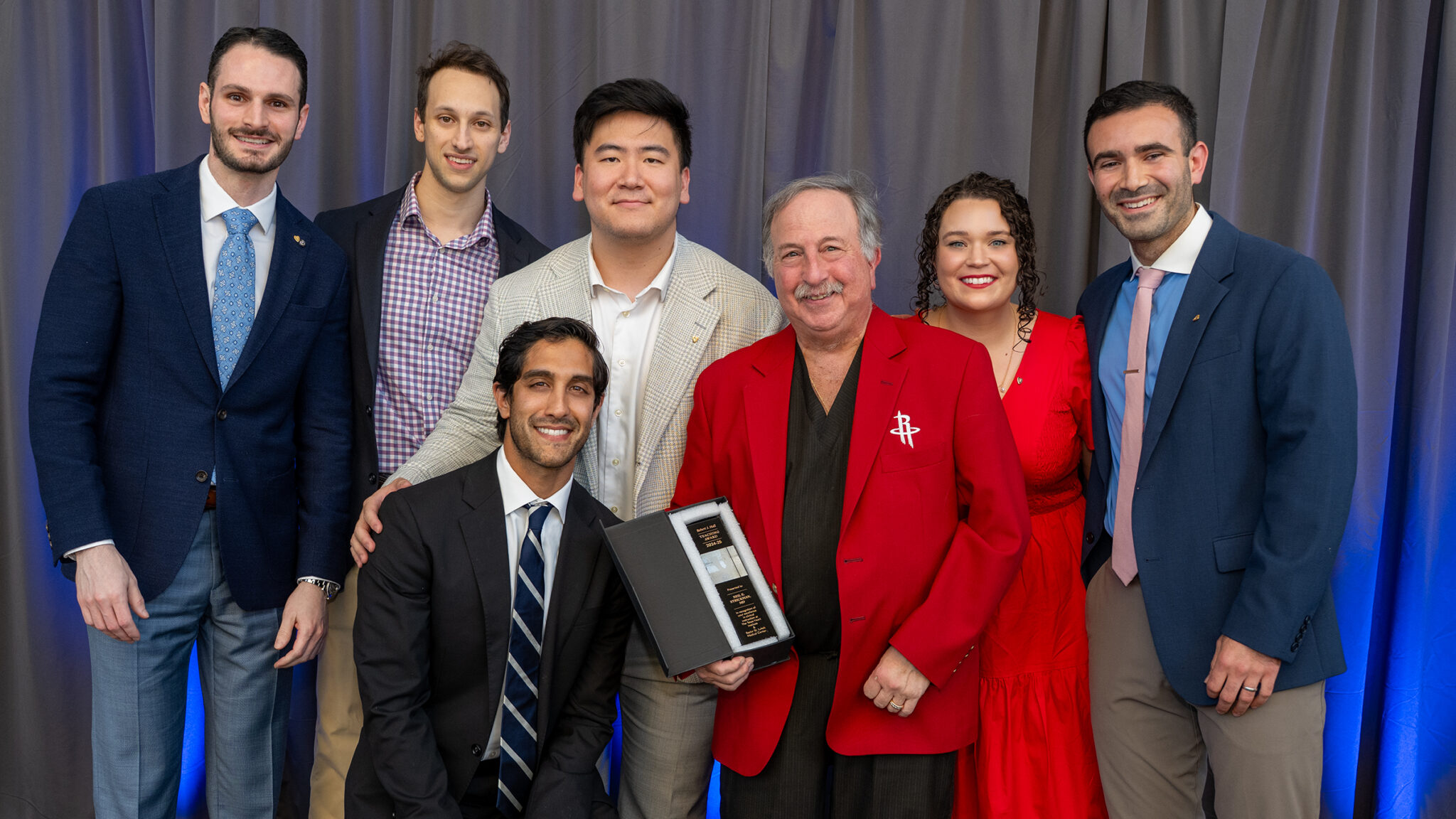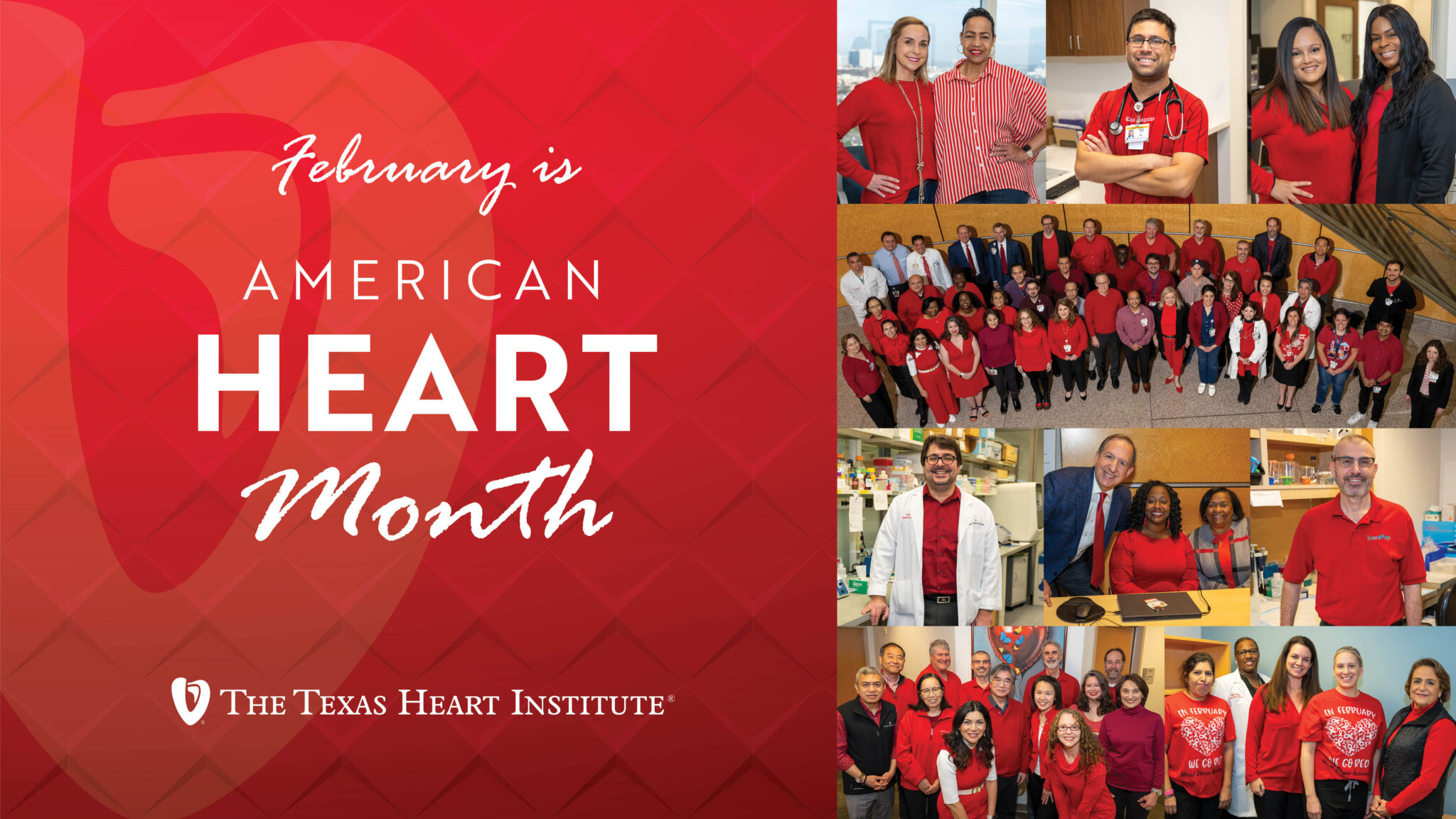
Dr. Stephanie Coulter is a long-time advocate of preventative medicine and women’s health and leads innovative research in developing diagnostic tools, treatments, and prevention strategies to improve cardiovascular outcomes. She serves as the founding Medical Director of the Women’s Center for Heart & Vascular Health, Assistant Medical Director of The Texas Heart Institute (THI), and Program Director of the THI Cardiovascular Disease Fellowship at Baylor St. Luke’s Medical Center.
Dr. Coulter holds numerous leadership positions at Baylor St. Luke’s Medical Center (BSLMC), including Chief of Staff, and directs the Non-Invasive Cardiology department at Baylor St. Luke’s Medical Center (BSLMC). She has an academic appointment at Baylor College of Medicine in the Department of Medicine section of Cardiology and is an active member of several professional societies, including the American Heart Association and the American Society of Echocardiography.
Show full bioDr. Stephanie Coulter graduated from Texas A&M and earned her medical degree from the University of Texas Health Science Center Medical School in Houston. She completed her internship and residency at Harvard Medical School Beth Israel Deaconess Medical Center (BIDMC) in Boston and a fellowship in general cardiology at Harvard Medical School Massachusetts General Hospital. She then pursued an advanced echocardiography fellowship at Massachusetts General and completed a clinical epidemiology and clinical trials fellowship at Harvard Brigham and Women’s. She is a member of many professional societies, including the AMA, the American College of Physicians, the American College of Cardiology, and the American Heart Association.
Since the launch of the Women’s Center in 2010, Dr. Coulter has been interested in investigating the roles biology, psychology, and lifestyle play in putting a woman at risk for heart disease. To better understand racial, ethnic, and cultural disparities in the development of cardiovascular disease within Harris County, a database registry was established in correlation with her Houston HeartReach community outreach screening program, first developed and piloted in 2011. The Women’s Center has grown substantially and announced a new research and training collaboration in January 2017 to conduct highly focused research on diseases that disproportionately impact women’s hearts, including diastolic heart failure and FMD, and simultaneously train the next generation of professionals and researchers. This unparalleled research and training program will unite top physician-researchers across the Texas Medical Center, including colleagues at the UT School of Public Health, Baylor College of Medicine, and The University of Texas Health Science Center at Houston Medical School.
Most importantly, Dr. Coulter believes our community is the environment that defines our lives and carries this belief into her daily work at THI. She educates women and primary care physicians about risk factors and provides interventions to prevent disease or decrease risks. Her newsletter, “Straight Talk from Stephanie,” addresses current topics related to women and heart disease and aims to separate fact from fiction. Dr. Coulter is a featured speaker at many women’s and community groups and has been featured in various news media. She is married with two lovely daughters and a very active community member.
Texas Heart Institute Positions
- Medical Director, Center for Women's Heart & Vascular Health
- Director, Cardiology Education
- Program Director, Cardiovascular Disease Fellowship
- Assistant Medical Director, The Texas Heart Institute
- Cardiologist & Echocardiographer, The Texas Heart Institute Center for Cardiovascular Care
- Associate Editor, The Texas Heart Institute Journal
Current Projects
Interests
Education
-
Undergraduate:
Texas A&M University
-
Medical School:
University of Texas Health Science Center at Houston
-
Internship:
Harvard Medical School Beth Israel Deaconess Medical Center (BIDMC)
-
Residency:
Harvard Medical School Beth Israel Deaconess Medical Center (BIDMC)
-
Fellowships:
Harvard Medical School Massachusetts General
Hospital (Clinical and Research Fellow in Echocardiography)
Brigham and Women’s Hospital, Clinical Research Fellow in Medicine—Thrombolysis in Myocardial
Infarction Group (TIMI)
Academic & Clinical Affiliations
Certifications
- American Board of Internal Medicine
- Certified in Internal Medicine and Cardiovascular Disease
- Nuclear Certification
- National Board of Echocardiography
Honors, Awards and Memberships
- The Texas Heart Institute Academic Professional Staff
- Texas Super Doctors, Texas Monthly Magazine
- American Heart Association
- THI Cardiac Society (President 2008, Vice President 2007)
- Kappa Kappa Gamma Charitable Foundation of Houston, Grant Recipient ( 2014, 2017)
- Robert J Hall, MD CVD Teaching Award (2017)
- Fellow, American Society of Echocardiography
- Fellow, American College of Cardiology
- Alpha Phi Foundation, Heart to Heart Grant Recipient 2014
- Kappa Kappa Gamma Foundation of Houston biannual holiday Pilgrimage Home Tour Inaugural Honoree
- Kathryn S. Stream Award for Excellence in Women’s Health Finalist
- Janet M. Glasgow Memorial Achievement Award
- Outstanding Achievement Award in Internal Medicine
- Texas Super Doctor by Texas Monthly Magazine (2006 - Present)
- Alpha Omega Alpha
Publications
Recent News

Presenting the Future of Cardiovascular Medicine: The Texas Heart Institute Fellowship Program Celebrates 2025 Cardiology Graduates
On the evening of June 6, 2025, The Texas Heart Institute at Baylor College of Medicine (THI) celebrated the accomplishments...

Shaping the Future of Metabolic Health: Insights from The Texas Heart Institute
On August 23, 2024, The Texas Heart Institute hosted the Cardiometabolic Syndrome Conference: A Population Health Crisis, bringing together leading...

Heart Month 2025
February has arrived, marking the celebration of American Heart Month. This is an excellent opportunity for the nation to unite...


